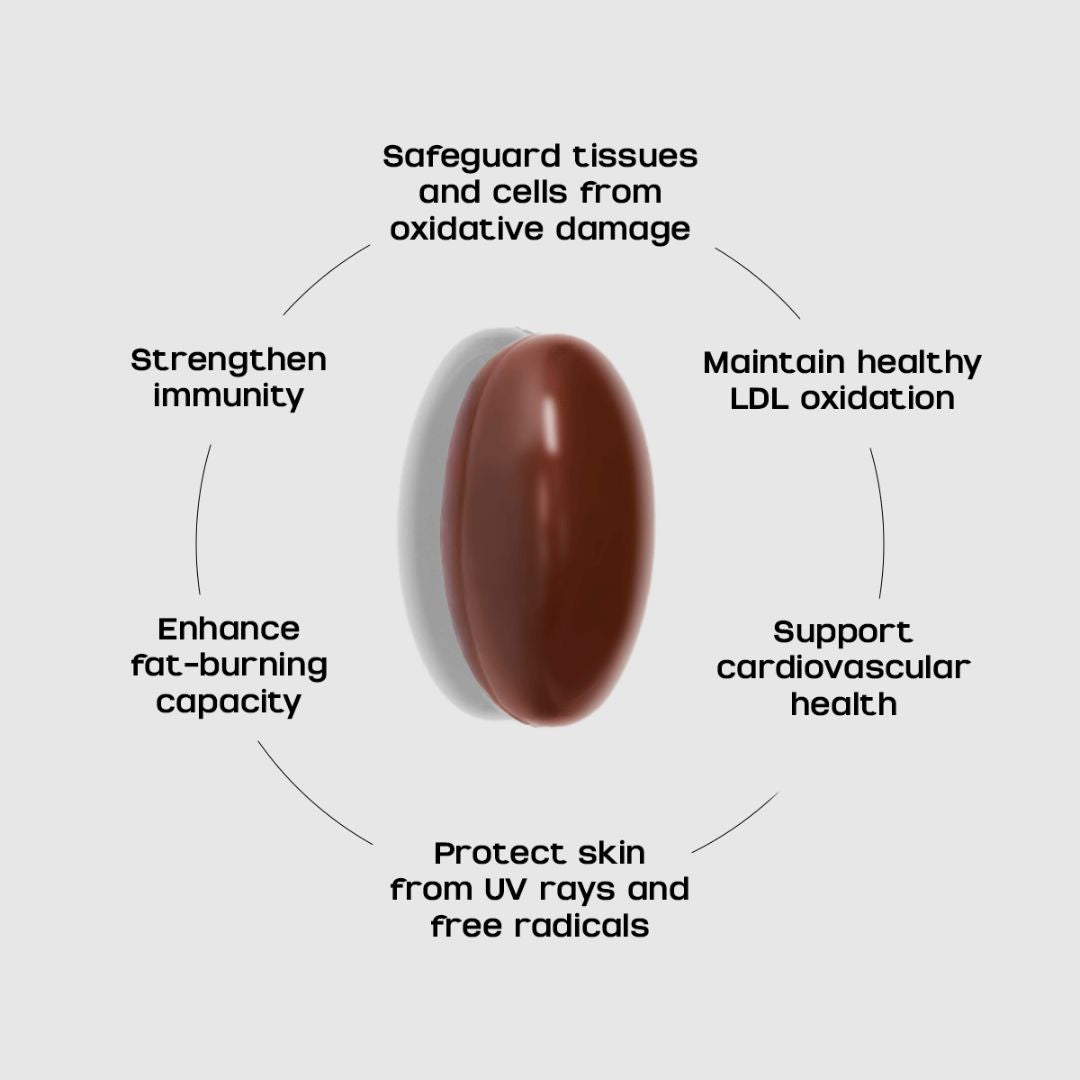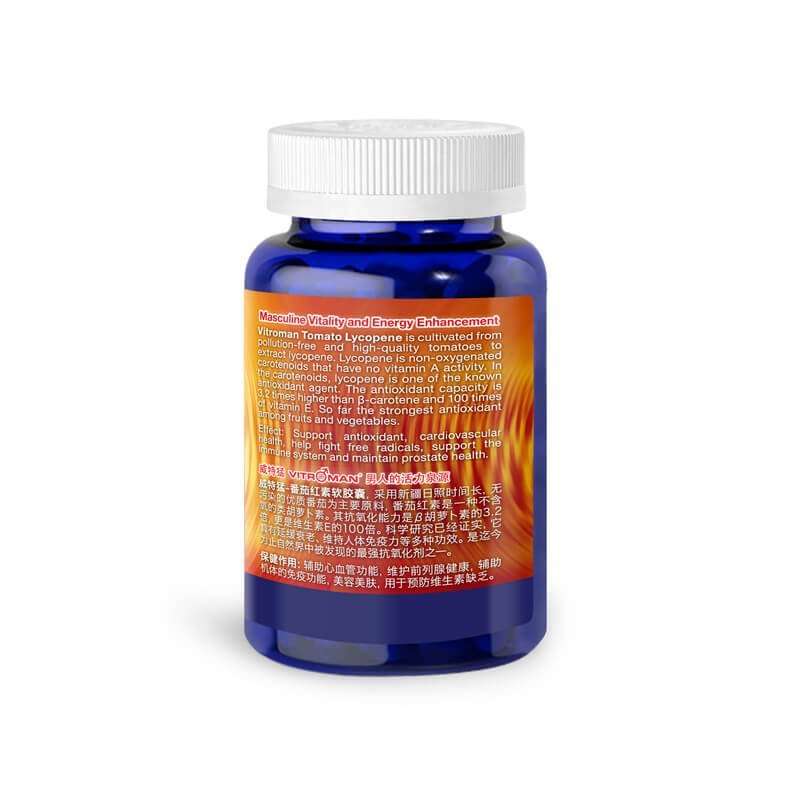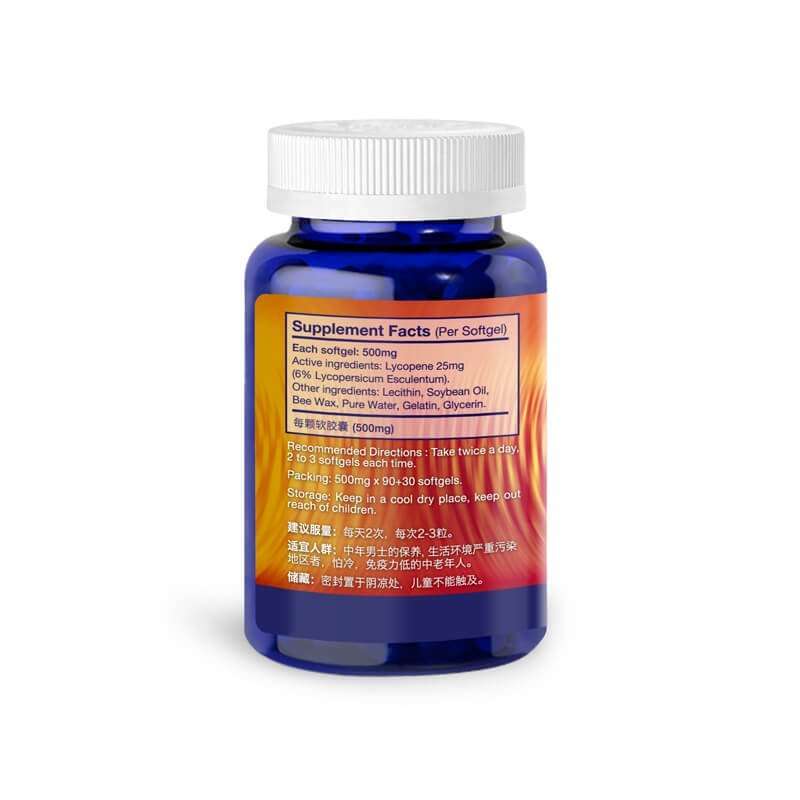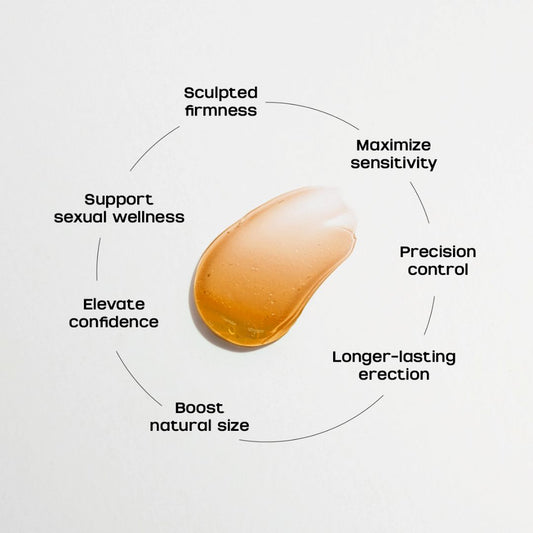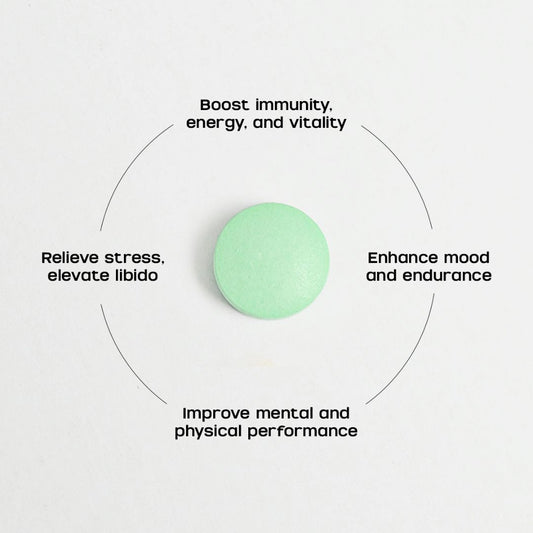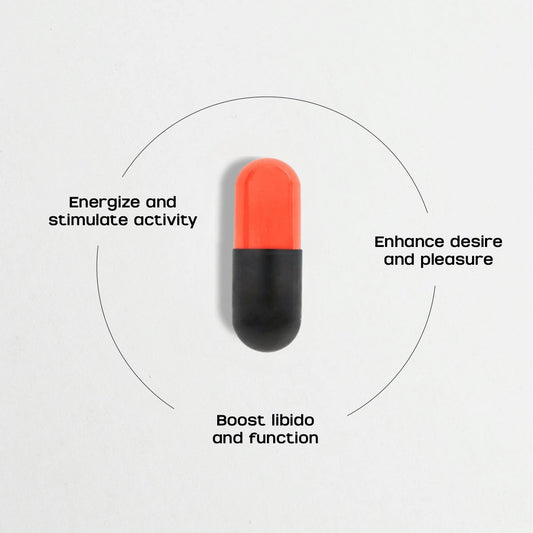Our blog offers in-depth resources on men's sexual health, with a special focus on the most searched concerns like
erectile dysfunction, premature ejaculation, penis enlargement, and the use of natural sex pills. We cover trending
ingredients such as tongkat ali and cistanche, often included in herbal supplements for libido and erection support.
Readers will find trusted information on how to treat erectile dysfunction naturally, how to last longer during sex,
and what sex pills for men really work without harmful side effects. We also explore safe methods for penis
enlargement, comparing pills, pumps, extenders, and topical oils.
Posts include reviews of the best natural male enhancement products, alternatives to ED medications like Viagra, and
tips to improve sexual stamina and confidence. You'll learn whether penis pumps are effective, how tongkat ali
works, and how to choose the right solution for your needs.
Whether you're exploring penis growth methods, looking for natural ways to treat ED, or researching cures for
premature ejaculation, our blog provides comprehensive, evidence-based content to help men take control of their
sexual wellness.
Tomato lycopene is a powerful antioxidant that has been shown to have numerous health benefits. Let's dive into the science behind this amazing compound.
What is Lycopene?
Lycopene is a bright red carotenoid pigment found in tomatoes and other red fruits and vegetables. It is a potent antioxidant that helps protect cells from damage caused by free radicals.
Health Benefits of Tomato Lycopene
Studies have shown that lycopene may help reduce the risk of certain types of cancer, including prostate, lung, and stomach cancer. It also has been linked to improved heart health and may help lower the risk of cardiovascular disease.
Who should consume Tomato Lycopene?
Anyone looking to improve their overall health and well-being can benefit from consuming tomato lycopene. However, individuals with a known allergy to tomatoes should avoid lycopene supplements.
Recommended Dosage
It is recommended to consume around 15 - 45 mg of lycopene per day for optimal health benefits. This can be achieved by eating 2-3 servings of tomatoes or tomato-based products daily. As always, it is best to consult with a healthcare provider before starting any new supplement regimen.
Preparations
Tomato lycopene can be easily incorporated into your diet by enjoying fresh tomatoes, tomato sauce, or tomato juice. Cooking tomatoes actually increases the bioavailability of lycopene, making it easier for the body to absorb.
Overall, tomato lycopene is a powerful antioxidant with numerous health benefits. By including this nutrient-rich compound in your diet, you can support your overall health and well-being.




